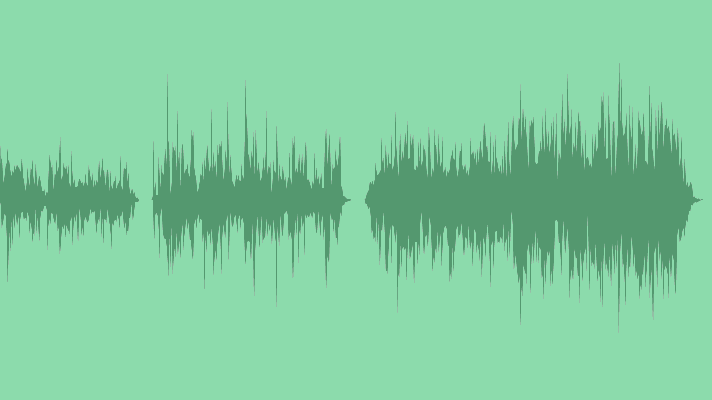

What about quiet sounds? The chart shows us that leaves rustling creeps in at a mere 10 dB. How can you improve the dynamic range to capture both quiet and loud sounds? Want the quickest way to expand the number of subjects you can record? Increase your bit depth. Here’s a chart of other popular bit rates: What about 16-bit? That tops out at 96.33 dB. That accommodates for 144.49 dB of signal-to-noise information. Most recorders now provide 24-bit recording. What decibel level can your microphone capture? Read a post listing popular microphone statistics to learn more. It just isn’t sensitive enough to capture the powerful waveforms from loud sounds. What happens when attempting to record sounds higher than a microphone’s max SPL rating? The microphone’s diaphragm will be flattened. That means jet engines and rifle blasts are beyond the capabilities of that microphone. For example, Audio-Technica’s BP4029 stereo shotgun condenser microphone can handle a maximum of 126 dB (click the “Specifications” tab at the link above). This measurement is known as maximum sound pressure level ( SPL). Some may top out at certain decibel ratings and are unable to capture louder sounds. There are many ways to think about this, but I’ll focus on three:įirst, not every microphone can capture loud sounds at all. That’s why the chart is intriguing: it shows us what is technically required to capture certain sounds. Some are designed to shine when paired with certain sound effects, or when doing specific tasks. We all know that not all recorders and microphones are created equally. A Guide to Gear Capabilitiesįirst, you can use it as a guide for field recording sound effects. Not all distances to the subjects were noted, however, most specifics were within 1 meter.
WHISPERING SOUND EFFECTS FREE DOWNLOAD
You can view it on Google Sheets, or download a copy from the links below:


 0 kommentar(er)
0 kommentar(er)
